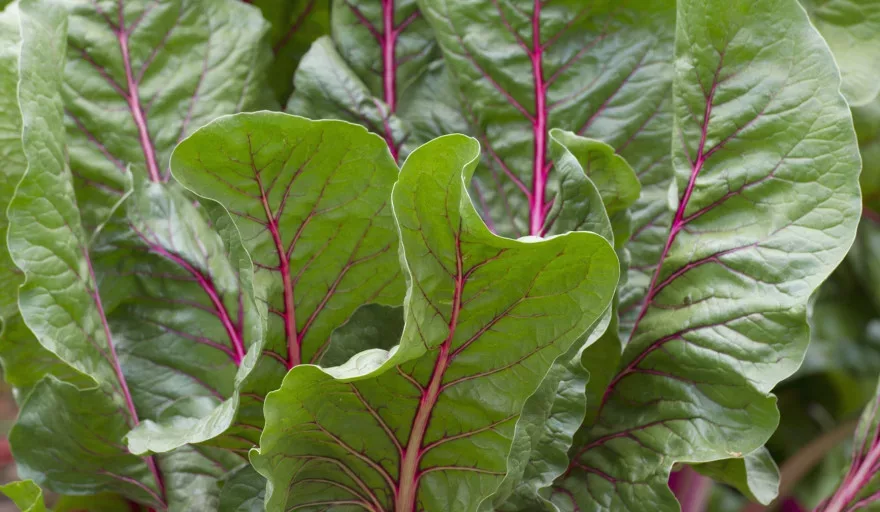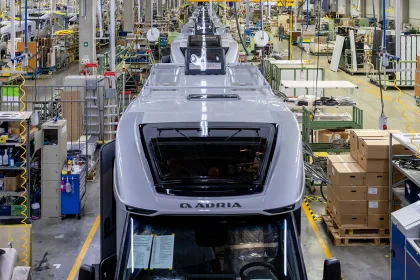An EU-funded project investigating how oxygen in the air millions of years ago might have affected the evolution of plants is making important discoveries that could inform our approach to climate change, space exploration and ensuring future food supplies.
Today, scientists in areas as varied as food security, climate change and space exploration need to know more about plants – how they live and grow and what effect environmental conditions can have on them. A key part of understanding plants is knowing how they evolved.
The EU-funded OXYEVOL project is investigating how variations in atmospheric oxygen levels over millions of years might have affected the appearance of new plant species.
“We are exploring the relationship between oxygen concentration and plant evolution,” says University College Dublin’s Prof. Jennifer McElwain, who received a European Research Council Starting Grant to undertake the project.
OXYEVOL’s researchers are looking closely at the plant fossil record and comparing it to the known history of atmospheric oxygen content. Meanwhile, they are also undertaking a series of highly novel ‘mini-world’ experiments, in which living plant species with diverse evolutionary histories are being exposed to different atmospheric oxygen and carbon dioxide concentrations in a growth chamber.
The most significant result so far is the observation that greater numbers of plant species seem to have originated when atmospheric oxygen concentrations were highest.
We already know that the appearance of complex organisms over a billion years ago was linked to a rise in atmospheric oxygen levels. OXYEVOL’s results suggest that oxygen has also been an important evolutionary driver for plants, as important perhaps as it was for the evolution of mammals.
BROADER RELEVANCE
OXYEVOL is aimed at helping scientists understand the environment and the living organisms around us. Fundamental research of this type can be driven by the simple desire to know, but throughout history, ‘science for science’s sake’ has also led to important discoveries that can have a real effect on our daily lives.
For example, McElwain says: “A major challenge for the society of the future will be food production for an ever increasing population. The early results of our experiments could help direct future strategies for enhanced agricultural crops.”
Meanwhile, she says, the project’s studies of plants in super-elevated CO2 atmospheres will provide critical information on possible feedback effects of vegetation on the climate system, at a time when atmospheric CO2 is rising at the highest rate in the Earth’s history.
Finally, OXYEVOL could even have an impact on the cultivation of plants in space.”The human exploration of planets like Mars,” she says, “will require a certain level of self-sufficiency, meaning food production will have to be undertaken during long space flights. Our experiments could help us better understand how to do this.”
The project has already made a real contribution in terms of education, providing downloadable course materials on plant science for school-age children, launching a summer programme for teachers, and providing PhD and post-doctoral training for young scientists in cutting edge technology platforms within the research project itself. McElwain says her ERC grant has enabled her to undertake ‘big question’ research with the potential to reach people in previously unforeseen way.
SOURCE: The European Commission Research and Innovation Information Centre

































